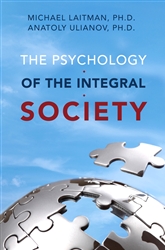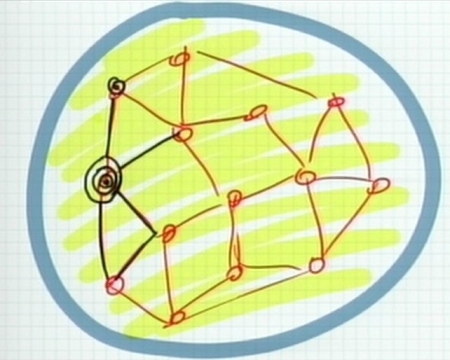
Children should not learn only from positive phenomena. They should be shown places like prisons and rehabilitation centers, and often. Children have to retain impressions from all facets of life, thus forming a distinct attitude.
After all, the whole problem is that the child doesn’t feel the implications of his or her negative actions. If s/he felt it in advance, then we could treat the child like an adult.
Why do we have such a merciful attitude toward children?
It’s because they cannot see or predict the future. This is why we say that they cannot be held responsible for their actions.
But when a child observes the consequences of someone else’s negative actions, such as a person being put in prison, a person being sick, a person who cannot overcome his drug or alcohol addiction, and look what happened to that person: he has lung cancer from smoking, or another person died because he fell off a roof, then we can teach them through the examples of others to “Consider the consequences.” In this way we guard them from repeating these actions or mistakes.
We won’t start treating them like adults after they see these things. But they will already become adults.
From what age can we start to involve a child in this process of observing negative things, such as taking them to a children’s trauma center where their peers are hospitalized?
The same age as their hospitalized peers. At age 5 or 6 they will already understand this. “Look at that boy. Let him tell you what he did. Oh, he jumped over a gate, and that one climbed on a rooftop, and that one was run over by a car, and now he’s laying there with an injured arm or leg.” Do you know what a lesson for life that is!? Of course, we should beware of serious injuries, such as ones where a person loses an eye or an arm. This has to be done very gradually, but they should eventually be shown all of the negative consequences.
And when they get a little bit older, they can visit maternity wards and so on. That is, we have to show them all of life in its proper form. What will this accomplish? This will help them interact correctly and properly place themselves in relation to all of these consequences.
I think this is where many parents would ask, “Won’t we scare or even paralyze a child with this truth about life?”
But we aren’t just saying to a child out of the blue, “Today let’s go on a trip to a hospital and look at broken arms and legs.” Our children are in a constant process of upbringing, in a constant process of attainment of themselves and the world, and in a constant discussion of everytyhing around them. That is why we can see the order in which we can show this to them so it would be perceived the right way.
The above points were taken from the book The Psychology of the Integral Society by Dr. Michael Laitman and Dr. Anatoly Ulianov. Also available as eBook (PDF, Kindle & ePub formats).






